There are people in the world of finance who stand out because of the amazing things they have done. Michael Burry is without a doubt one of them. Many people are interested in how he went from being a medical student to a successful investor. We will talk about Michael Burry’s net worth and the interesting story of how he became wealthy in this article.
Michael Burry Net Worth
Contents
| Net Worth | $320-350 Million |
|---|---|
| Real Name | Michael James Burry |
| Born | June 19, 1971, in San Jose, California, USA |
| Nationality | American |
| Occupation | Investor, Entrepreneur |
| Education | Studied economics and pre-med at the University of California |
| Sources | Founder of Scion Capital, his hedge fund |
| Wife | Cassandra |
| Books | The Big Short: Inside the Doomsday Machine |
Michael Burry is an American physician, investor and hedge fund boss. He is known for his winning bets against the US housing market and other high-profile companies. As of 2024, his net worth is expected to be $320-350 million.
Early Life and Education
His birthday is June 19, 1971, and he was born in San Jose, California. He became interested in finance as a child, which led him to eventually want to work in the field. Burry’s first school was the University of California, where he studied economics and was also pre-med. But his love of money, which was stronger than anything else, made him change his attention to money.
The Big Decision
Burry’s choice to stop studying medicine was one of the most important events in his life. At the time, it might have seemed like a risky move, but it set him up for future success. He then got his MBA from Vanderbilt University’s Owen Graduate School of Management, which helped him become even smarter about money.
Scion Capital and the Housing Market Prediction
Burry opened his own hedge fund called Scion Capital in 2000. It was at Scion Capital that his deep understanding of the financial markets became well known. In the mid-2000s, he saw that the US housing market was going to crash, which was one of the most important things he ever said.
Because Burry was smart and did a lot of research, he bet against the housing market, which many people at first thought was strange and risky. As the 2008 financial crisis went on, though, it became clear that Burry was right on the mark. His hedge fund made a lot of money during the crisis, which made him known as a smart investor.
“The Big Short”
Michael Lewis’s book “The Big Short” brought Burry’s story to a wider audience, and it was later turned into a movie. In both the book and the movie, Burry is shown as one of the main characters who saw the housing market crash coming and made money from it. The movie, which starred Christian Bale as Burry, made his story more well-known.
Investing in Water and New Ventures
After his prediction about the housing market came true, Burry kept making smart investment moves. He then turned his attention to water, realising that the world’s lack of it was a problem. Burry put his money into things that had to do with water, showing that he was smart about money and cared about important environmental issues.
Along with his investments, Burry looked into new business opportunities, showing that he was an enterprising person. Despite his age, he stayed involved in the financial world and was always looking for ways to use his knowledge.
Conclusion
Michael Burry went from being a medical student to becoming a successful investor. His story shows how passion, determination, and a willingness to take calculated risks can lead to success. People who want to be successful can learn from his story, which shows that taking unusual paths can lead to amazing success. When we look at Michael Burry’s net worth, it reminds us that most of the time, being wealthy comes from having knowledge, insight, and the guts to follow your beliefs.
FAQs
- Why did Michael Burry switch from studying medicine to pursuing a career in finance?
Michael Burry switched from studying medicine to finance because of his growing interest and passion for the financial world. Despite starting as a medical student, Burry found his true calling in economics and finance during his time at the University of California. This shift in focus eventually led him to pursue an MBA in finance from Vanderbilt University, setting the stage for his successful career in the investment industry. - How did Michael Burry predict the housing market collapse in the mid-2000s?
Michael Burry’s prediction of the housing market collapse was based on meticulous research and analysis. As the founder of Scion Capital, his hedge fund, Burry recognized the flaws and risks within the housing market. He conducted in-depth research, identified the financial instruments tied to risky mortgages, and foresaw the bubble that would eventually burst. This insightful analysis allowed him to make strategic bets against the housing market, leading to significant profits for his hedge fund during the 2008 financial crisis. - What is Michael Burry’s involvement in water-related investments?
Following his success in predicting the housing market collapse, Michael Burry turned his attention to water-related investments. Recognizing the global issue of water scarcity, Burry made strategic investments in water-related assets. This demonstrated not only his financial acumen but also his concern for pressing environmental challenges. By diversifying his investment portfolio to include water, Burry showcased a broader perspective on the interconnectedness of financial markets and global issues. - How did Michael Burry’s story gain mainstream attention, and who portrayed him in a popular film?
Michael Burry’s story gained widespread recognition through the book “The Big Short” by Michael Lewis, which later inspired a film adaptation. In the movie, titled “The Big Short,” actor Christian Bale portrayed Michael Burry. The film brought Burry’s role in predicting and profiting from the housing market collapse to a broader audience, making his story more accessible and highlighting the impact of his strategic investment decisions during the 2008 financial crisis.
Related Posts:
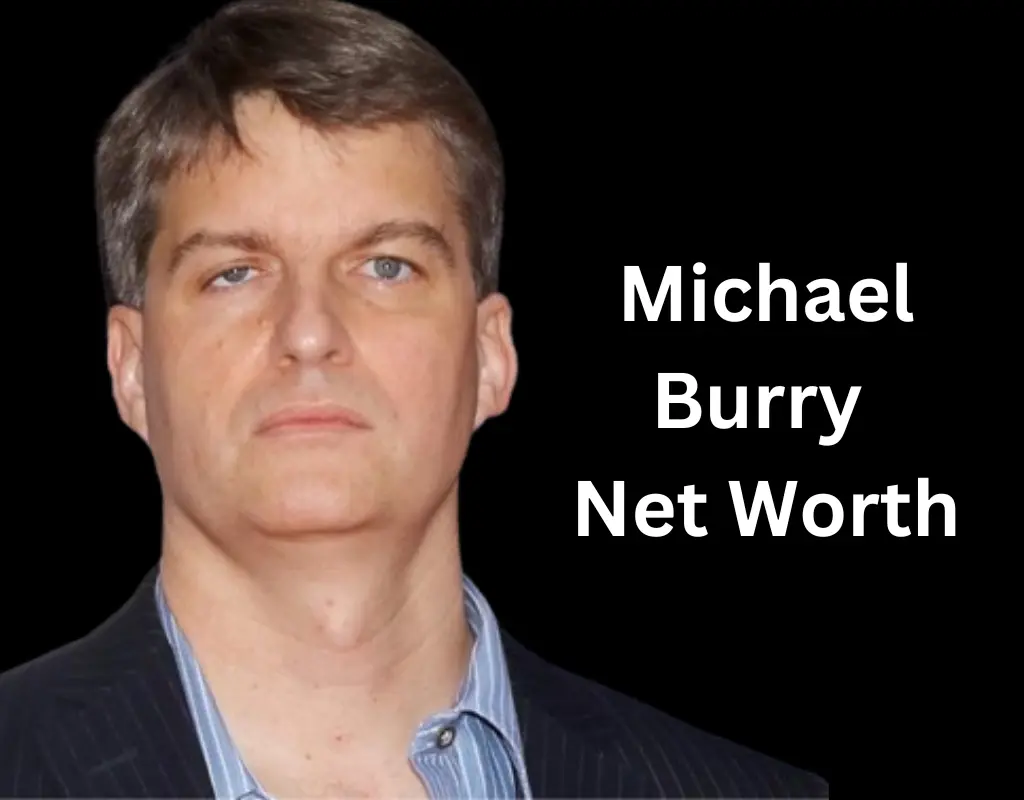
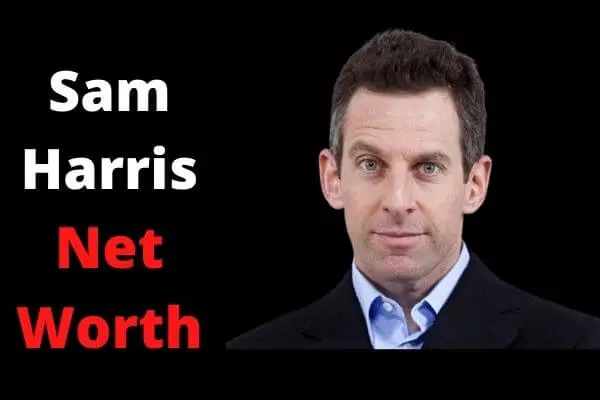
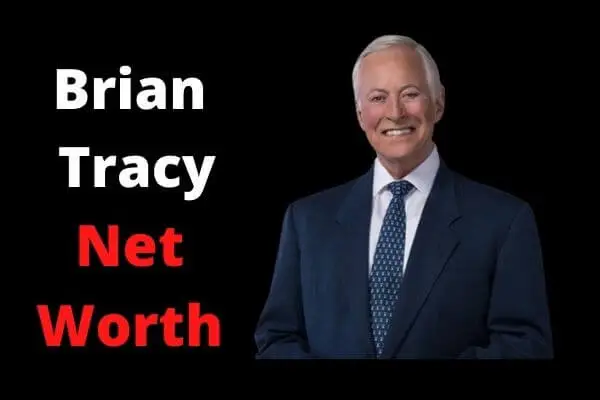

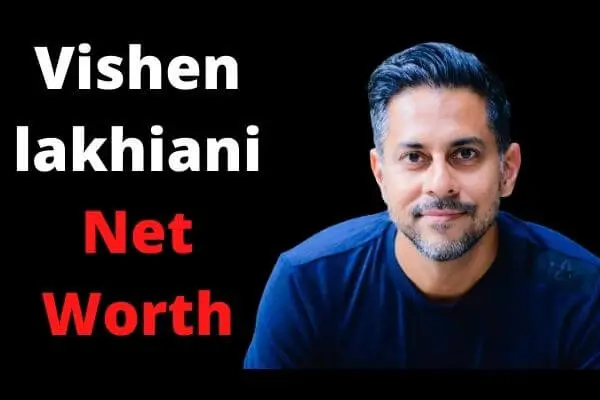
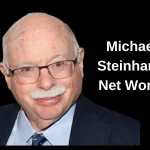
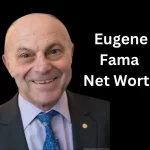
Leave a Reply